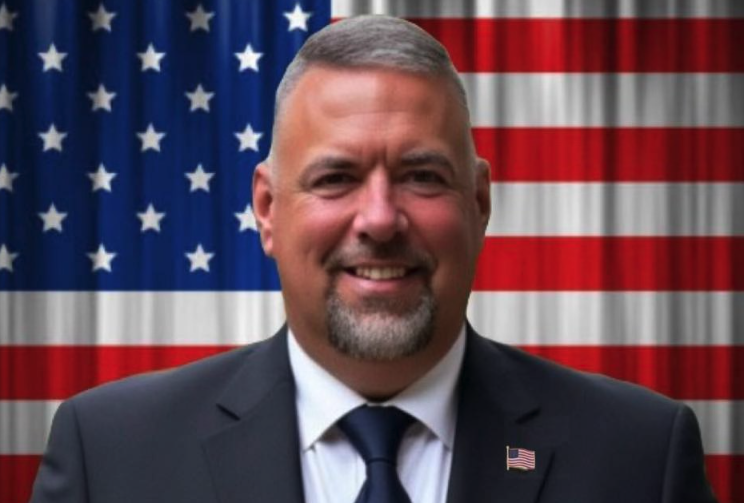Mayoral candidates Carter, Hunter present views to Kiwanis Club
Published 5:22 am Wednesday, January 25, 2017
Editor’s note: This is the final installment in a four-part series. The American Press covered the speeches of seven Lake Charles mayoral candidates as given to the Kiwanis Club of Lake Charles.
The final two mayoral candidates to present their plans for office to the Kiwanis Club were former state district judge Wilford Carter, now a practicing attorney, and Calcasieu Parish Police Juror Nic Hunter, who owns and operates Harlequin Steaks & Seafood.
Hunter said his approach to developing the lakefront and the Interstate 10 corridor would be to open property up to small developers. Instead of waiting years for a $100 million project to come to fruition, he said, he would get smaller development going now.
Trending
“We’re going to allow local investors to get excited about building a single building on the lakefront,” Hunter said.
He said he would work to discontinue the process of selling lakefront property and to support, instead, keeping key properties under city control so residents can have a say in how they are used and maintained.
He said developing the I-10 corridor is the most cost-effective way to increase sales tax revenue in the city because it will encourage I-10 traffic to stop and spend time in Lake Charles instead of just passing through.
“Under my administration, we will turn dirt on the lakefront,” Hunter said. “It will be food- and beverage-centric; it will be family-centric. It will be something that creates jobs and helps our budget.”
Hunter said that while developers build up the I-10 corridor, the city will make sure its infrastructure is up to the challenge. Drainage, roads and sewage, he said, have become key points of concern for the city. He said he would fund needed improvements through revenue bonds and municipal bonds, for which interest rates are historically low.
Hunter said the city should also look for job creation opportunities outside of the petrochemical industry in fields such as aeronautics, medicine, technology and clean energy.
Trending
He cited his 16 years of experience as a restaurant owner and six years on the Police Jury as qualifiers for the job. He said he plans to relinquish his remaining shifts at the restaurant if elected mayor so he can serve the city full time.
Carter proposed similar plans for the lakefront, saying he would work to increase the number of local people investing in and benefiting from local development. Many wealthy local people are sitting on their money well into their old age, he said, and need to be made aware of local opportunities to invest.
He said a more attractive lakefront would enable Lake Charles to become the No. 2 destination in the state, second only to New Orleans. He said he saw this potential while serving on Lake Charles City Council in the 1970s and 1980s, he said, but few shared his vision.
He said now that the area is primed for growth, he wants a second chance to make Lake Charles the large metropolitan area he always knew it could be. He said he would accomplish this by using the problem-solving ability he fostered as a judge for 21 years, a longtime lawyer, a councilman and state representative.
He said he prides himself on his ability to treat people from all parts of town and all walks of life equally and to make difficult decisions, even unpopular ones, when he believes they are right.
“If I tell you I’m going to do something, I’m going to do it,” Carter said. “And if I start something, I’m going to finish it.”
He also touched on the local housing market. He said his experience developing four local subdivisions has equipped him to address the area’s housing shortage. He said he would secure federal grants that clean up people’s credit so they can buy homes instead of renting at high rates.
He said he decided to run for mayor because his “first love is public service.” He said he wants to give back to the city that has given him a long and fulfilling career.
Carter dropped out of high school in 1966 to join the U.S. Army and later earned degrees from McNeese State University and Southern University Law Center. He was the second black Lake Charles city councilman, elected in 1977, and served as the council’s first black president in 1982. He was also the first black state representative from Southwest Louisiana, serving 1984-1992, and chaired the civil law committee in 1987.
Hunter and Carter are two of eight men who qualified for the March 25 mayoral election. The others: Leon “Joe” Banks; Eligha Guillory Jr.; Dana Carl Jackson; Chris Landry; Gary Monbelly; and Marshall Simien Jr.




